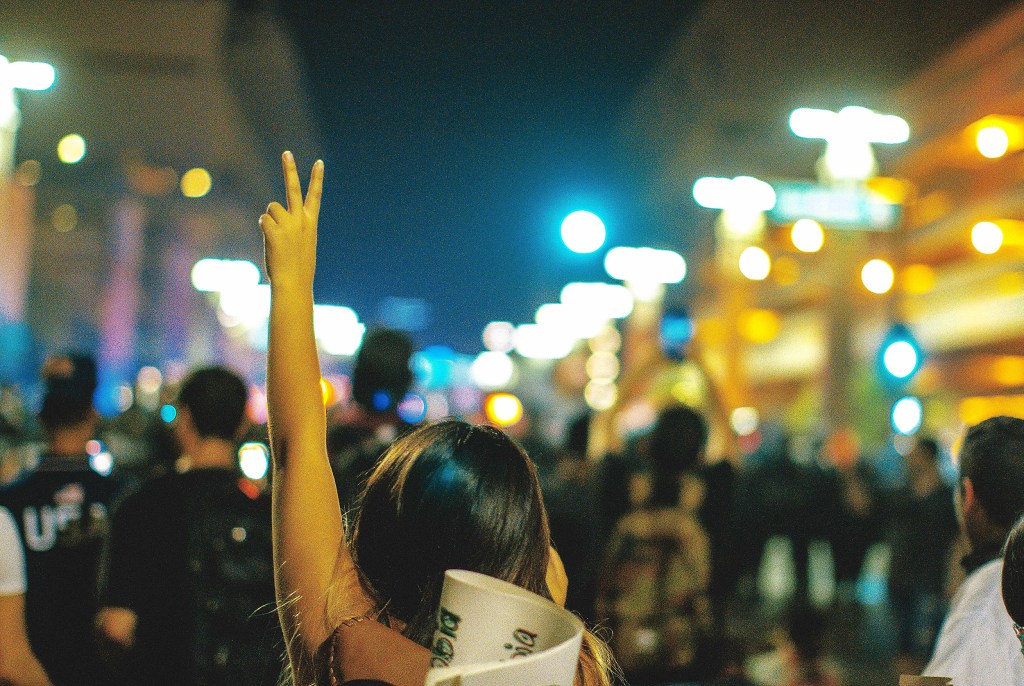Nation & World
-

U.S. needs to keep its friends closer, Pence says
First-term Trump VP: ‘If America isn’t leading the free world, the free world is not being led.’
-

‘Vibes or hunches’ don’t help win elections
Political analytics conference convenes experts on voter trends, election forecasting, behavioral research
-

U.S. just didn’t get China, Bolton says
Asian nation now main economic, military threat to Western democracies, according to former national security adviser
-
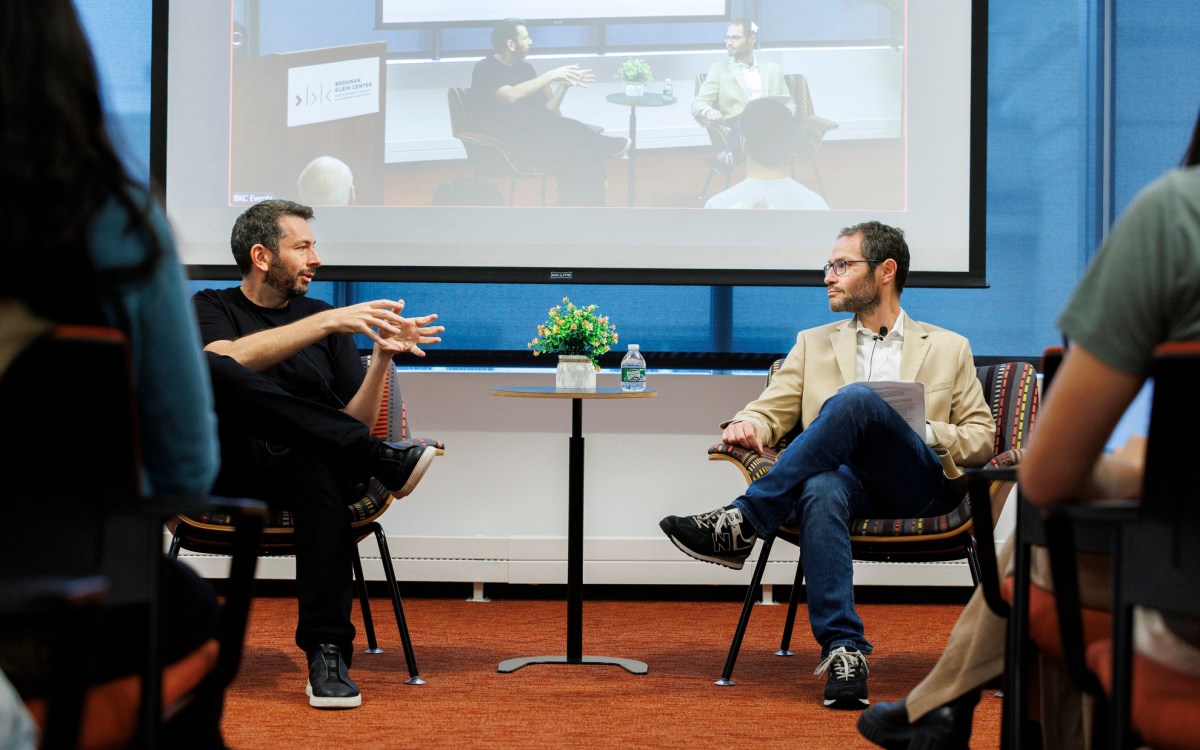
Artificial intelligence may not be artificial
Researcher traces evolution of computation power of human brains, parallels to AI, argues key to increasing complexity is cooperation
-
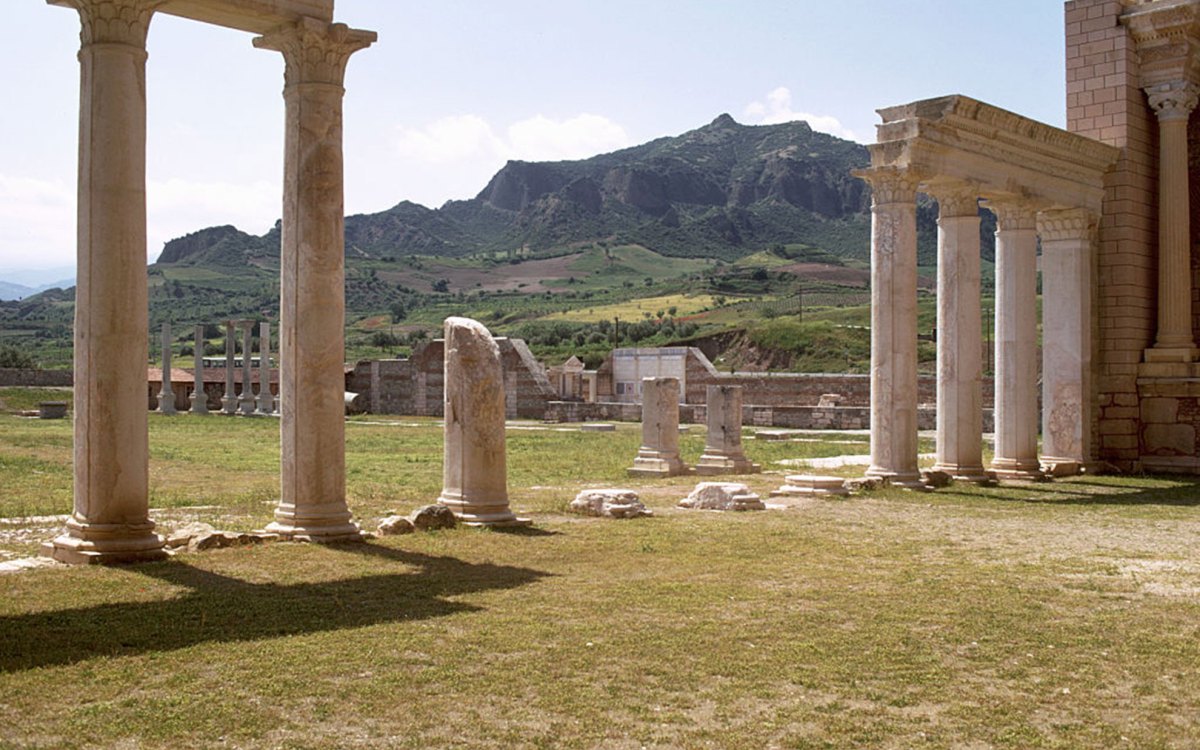
Sardis named a UNESCO World Heritage Site
Designation comes as Harvard’s decadeslong archaeological dig uncovers new secrets from remains of ancient Turkish city
-
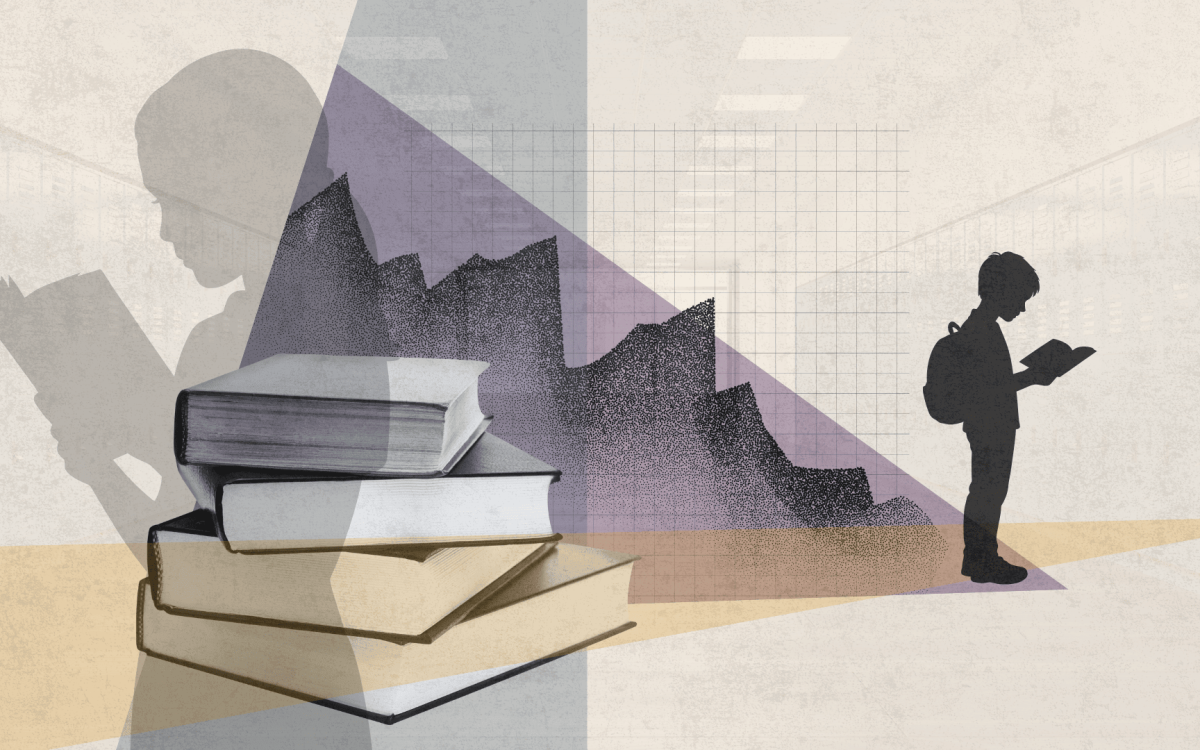
What’s driving decline in U.S. literacy rates?
In podcast, experts discuss why learning to love to read again may be key to reversing trend
-
The collective effort
Harvard students, alumni, faculty, and staff from the nationwide “To Serve Better” project weigh in on how coronavirus is affecting their corner of the country, and the work they do.
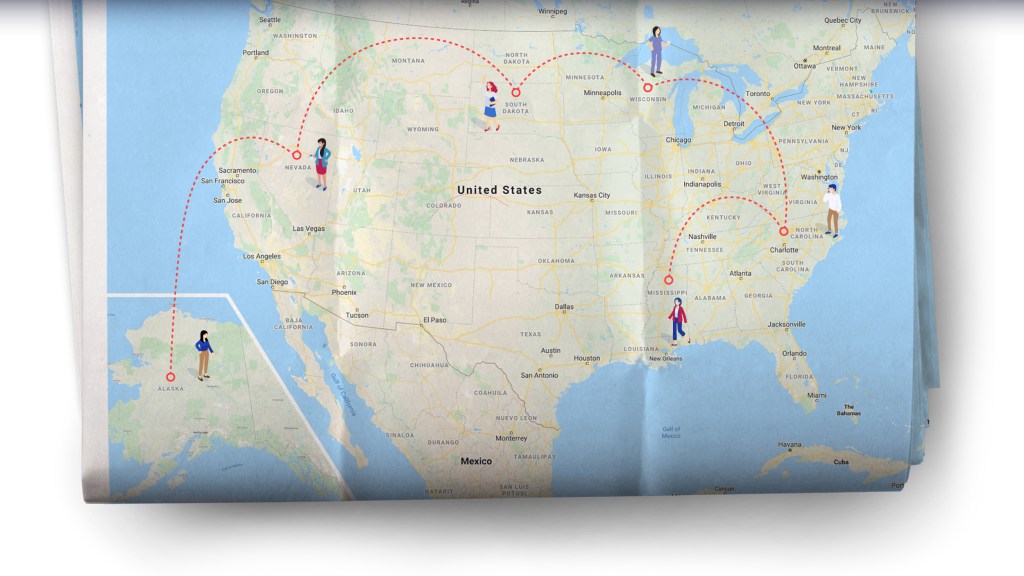
-
In prisons, a looming coronavirus crisis
Experts from across the University are calling for state officials to limit the number of people in jails and prisons in an effort to stop the virus’ spread.
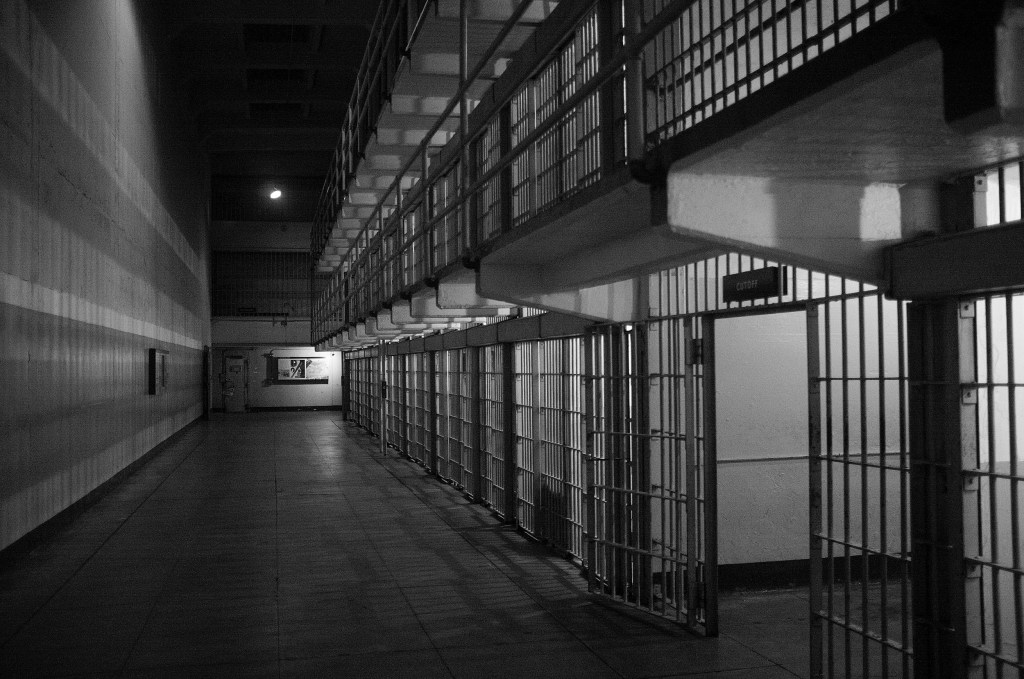
-
Waste not, want not
Since early March, Harvard Law School’s Food Law and Policy Clinic has been writing briefs aimed at saving tons of food that could feed the hungry, and working to inform the response to COVID-19, including legislation that Congress has been hammering out.

-
Wither the handshake?
Long-held habits have disappeared overnight as social distancing has become the new normal in the age of the novel coronavirus. What about the handshake?
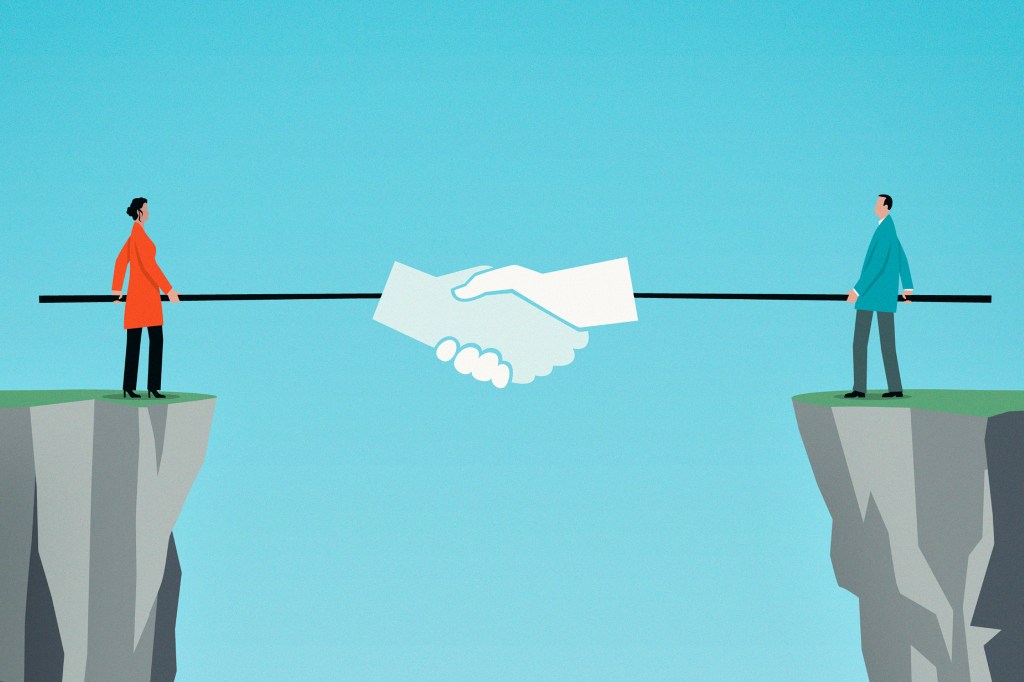
-
Economists cheered by relief package but see long, tough slog ahead
Economists Karen Dynan and Kenneth Rogoff discuss the $2 trillion relief package and the economic fallout of the COVID-19 pandemic.
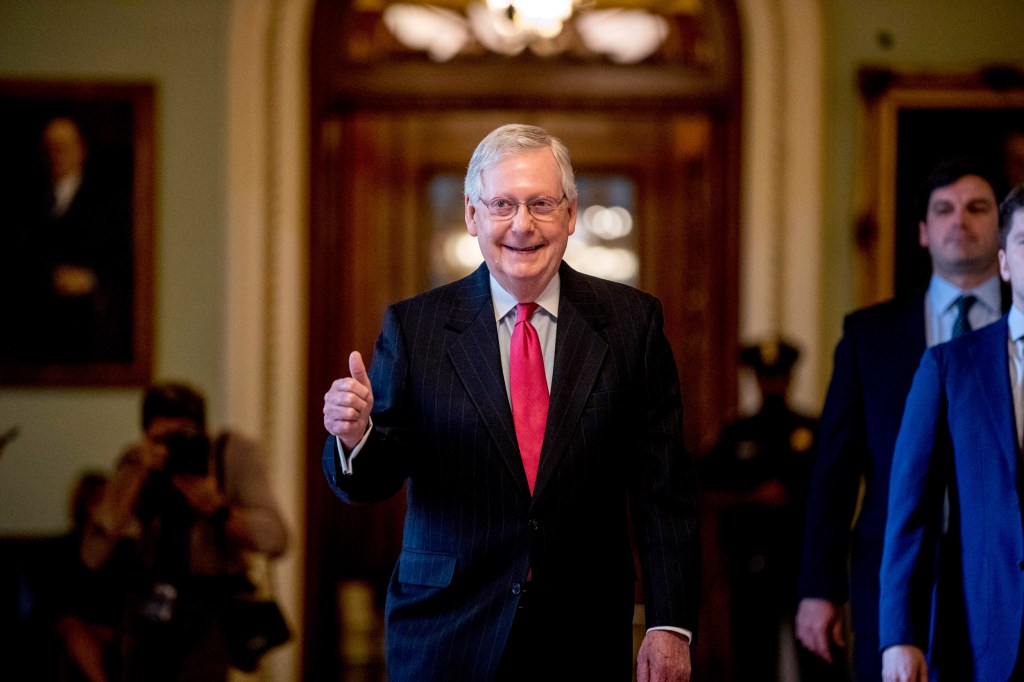
-
Restricting civil liberties amid COVID-19 pandemic
Harvard Law School faculty Charles Fried and Nancy Gertner discuss new restrictions on individual freedoms during the pandemic.
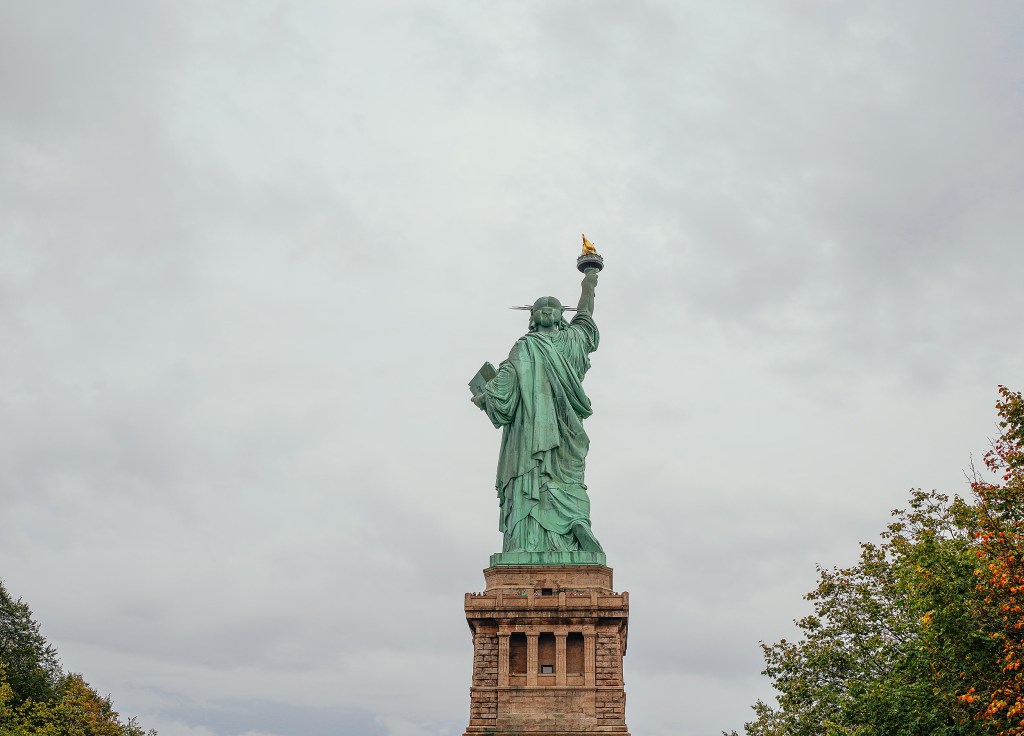
-
Will inequality worsen the toll of the pandemic in the U.S.?
America’s ragged social safety net and large inequity between rich and poor may set it up for a rough road ahead as it deals with the coronavirus epidemic, a Harvard Chan School professor said Tuesday.
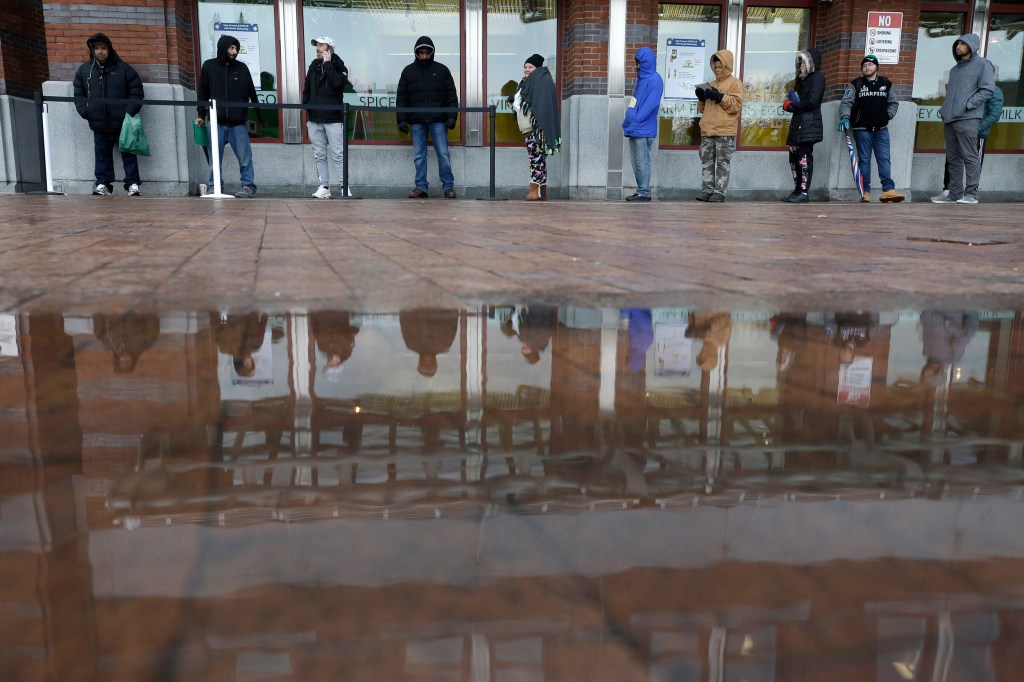
-
Getting ready for the inevitable
Harvard Medical School faculty members and their colleagues at Partners In Health are collaborating with local communities and national governments to help prepare some of the world’s most vulnerable people for the COVID-19 pandemic.

-
‘Will progressives and moderates feud while America burns?’
E.J. Dionne explains how progressives and moderates can come together against the “threat to basic democratic values” posed by the Trump presidency.
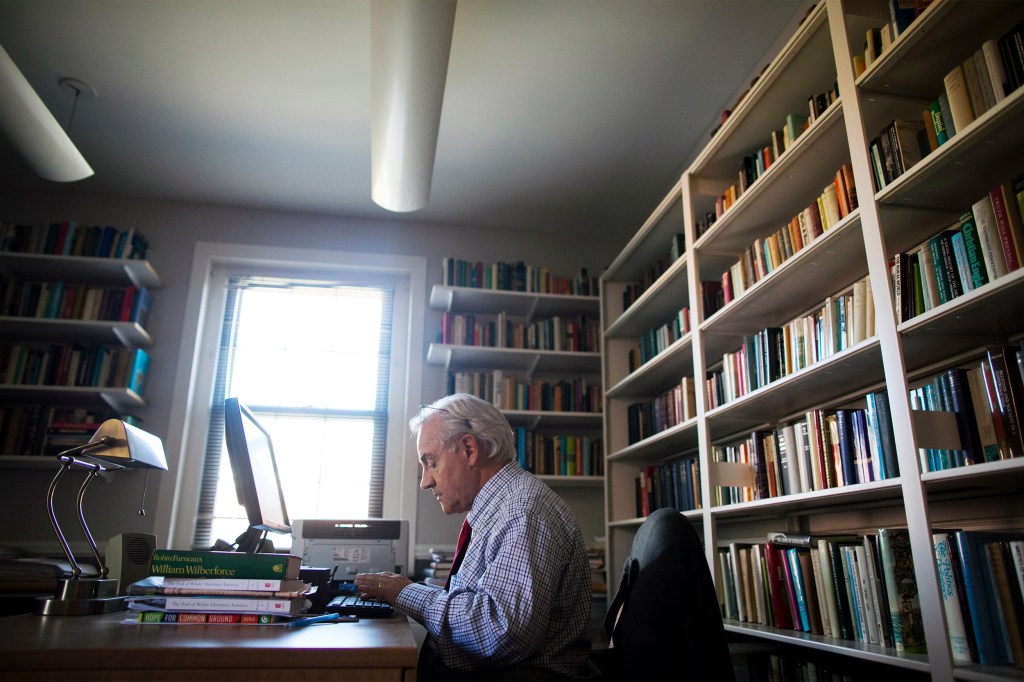
-
Writing wrongs
Laura Pérez Sánchez was awarded a journalism fellowship that allowed her to thoroughly report on Puerto Rico’s Hurricane Maria recovery efforts.
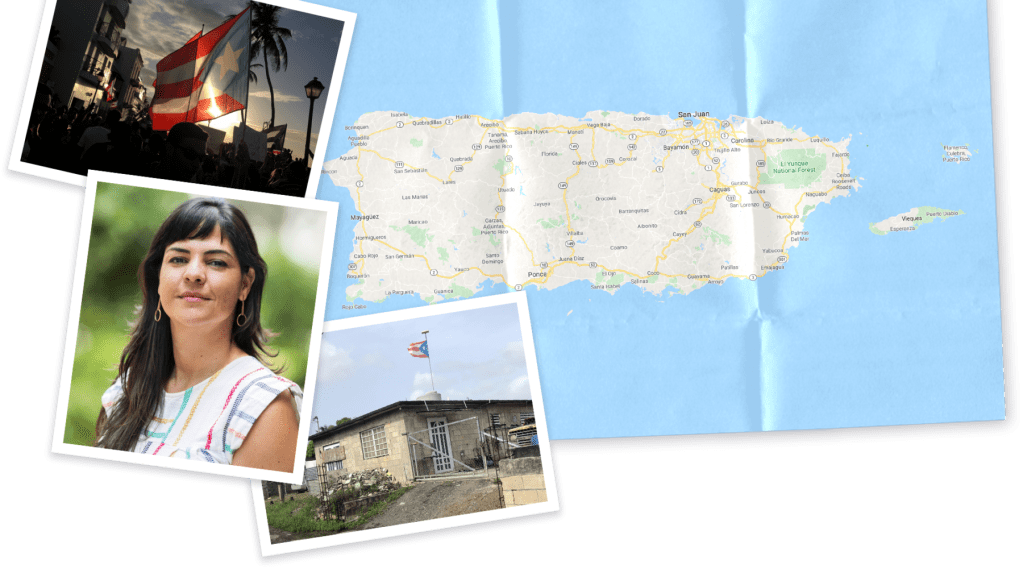
-
Learning by heart
Seonjoon Young returned to her home state of Colorado to bring her trauma-informed training into the classroom.
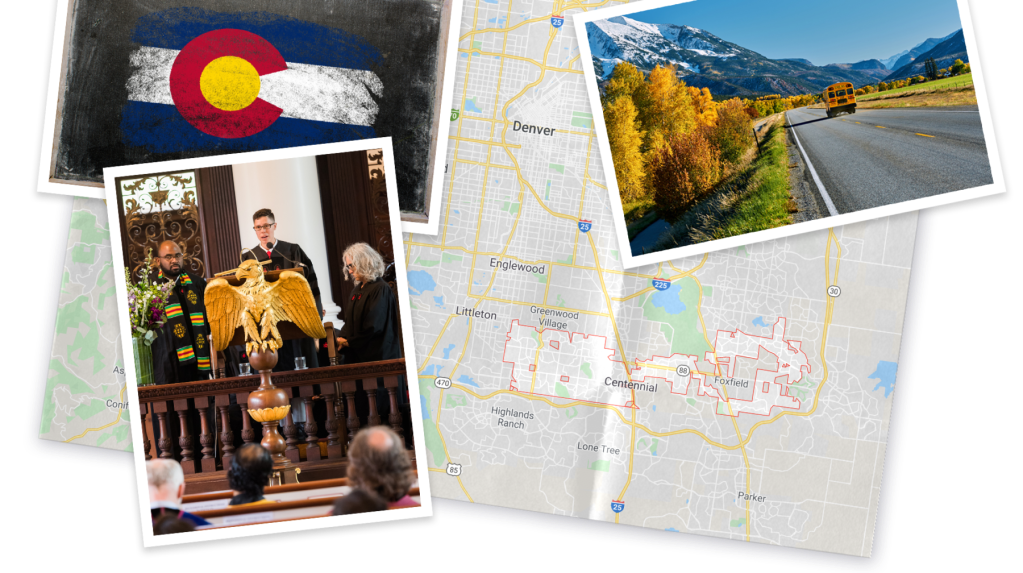
-
The real trade-offs attached to going green with nuclear energy
Former U.S. energy officials urge a second look at nuclear power to combat climate changes.
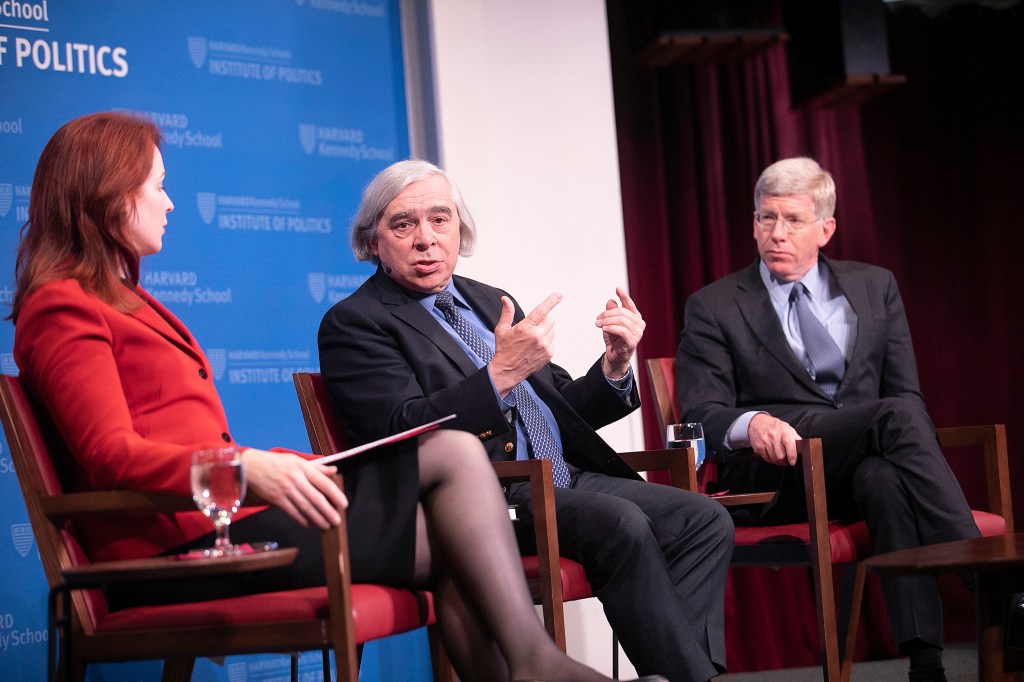
-
An awakening over data privacy
Shoshana Zuboff of Harvard Business School says democracy is the only antidote to the internet privacy crisis.
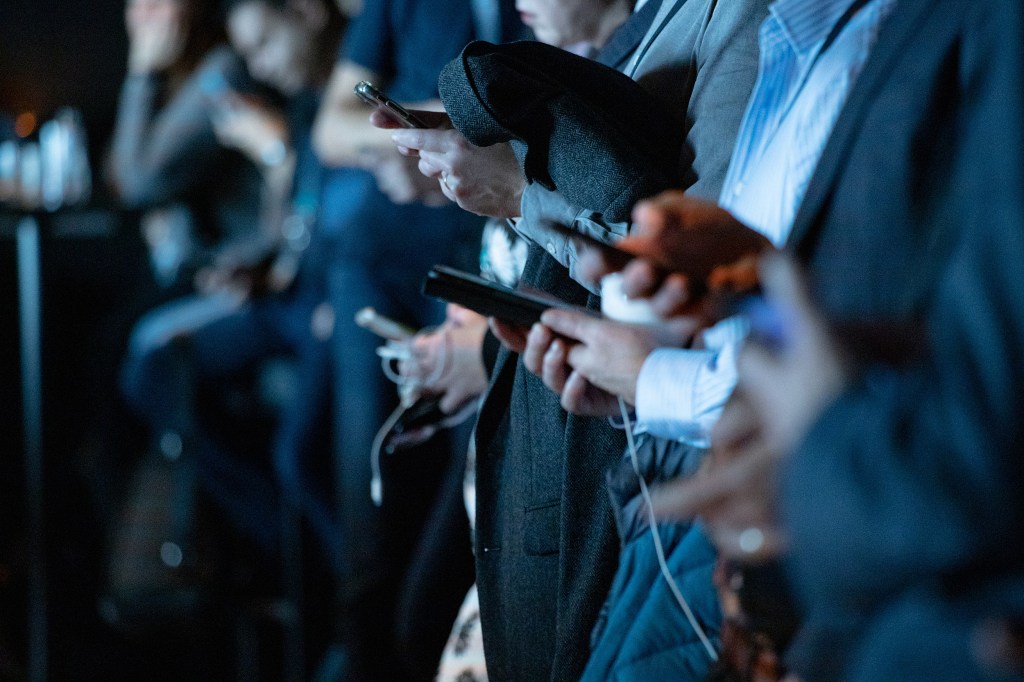
-
Comey defends ‘nightmare I can’t awaken from’
During a Harvard Kennedy School visit, former FBI Director James Comey defends his decisions during the 2016 presidential election.
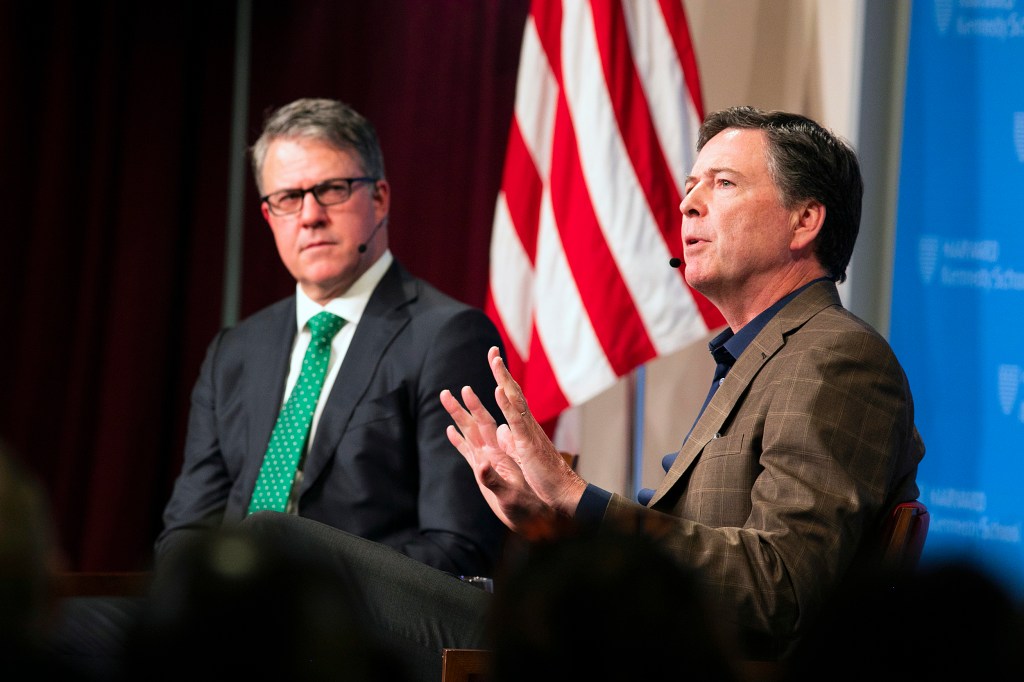
-
Should hateful speech be regulated on campus?
Psychology Professor Lisa Feldman Barrett and ethical leadership Professor Jonathan Haidt debate the regulation of hateful speech on campus during the inaugural Rappaport Forum at Harvard Law School.

-
Why ‘truth’ beats facts
Harvard Kennedy School discussion takes a look at why we can’t agree on facts any more.
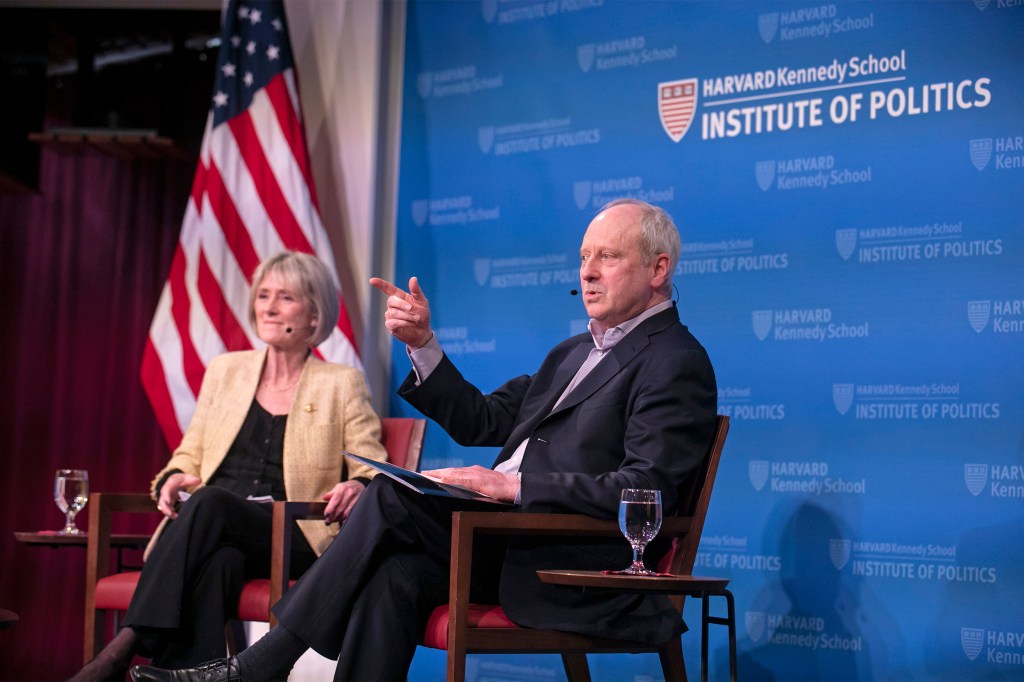
-
Me Too founder discusses where we go from here
Activist and Me Too founder Tarana Burke will receive Harvard Kennedy School’s Center for Public Leadership Gleitsman Award for her work.
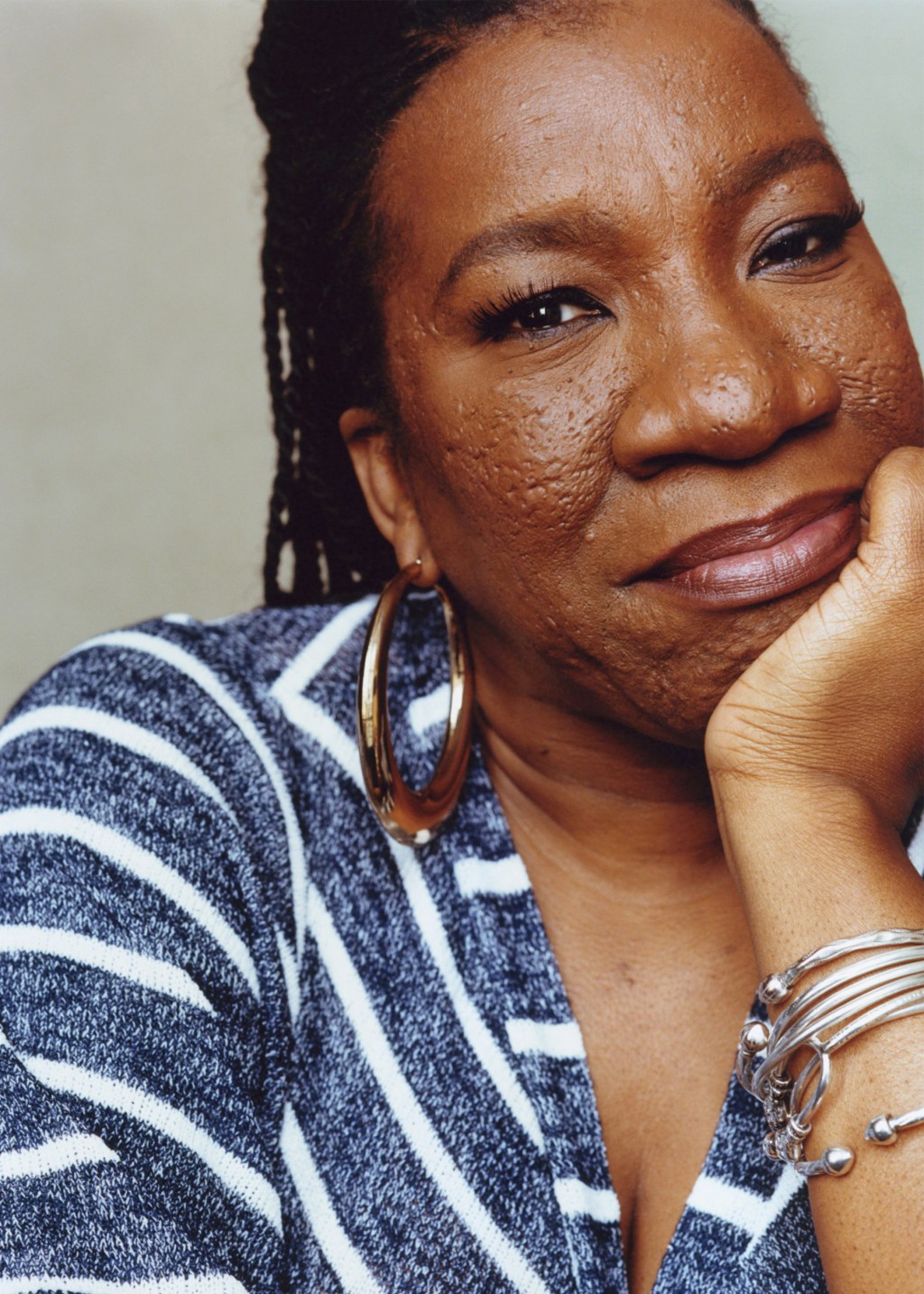
-
Harvard librarian puts this war crime on the map
Harvard Fine Arts librarian András Riedlmayer catalogued years of cultural heritage destruction by Serbian nationalists in the Balkans. He then testified to their war crimes before the United Nations.

-
Health officials expect coronavirus to spread worldwide
Latest updates on the new coronavirus from a Facebook Live event sponsored by the Forum at Harvard T.H. Chan School of Public Health and PRI’s The World.
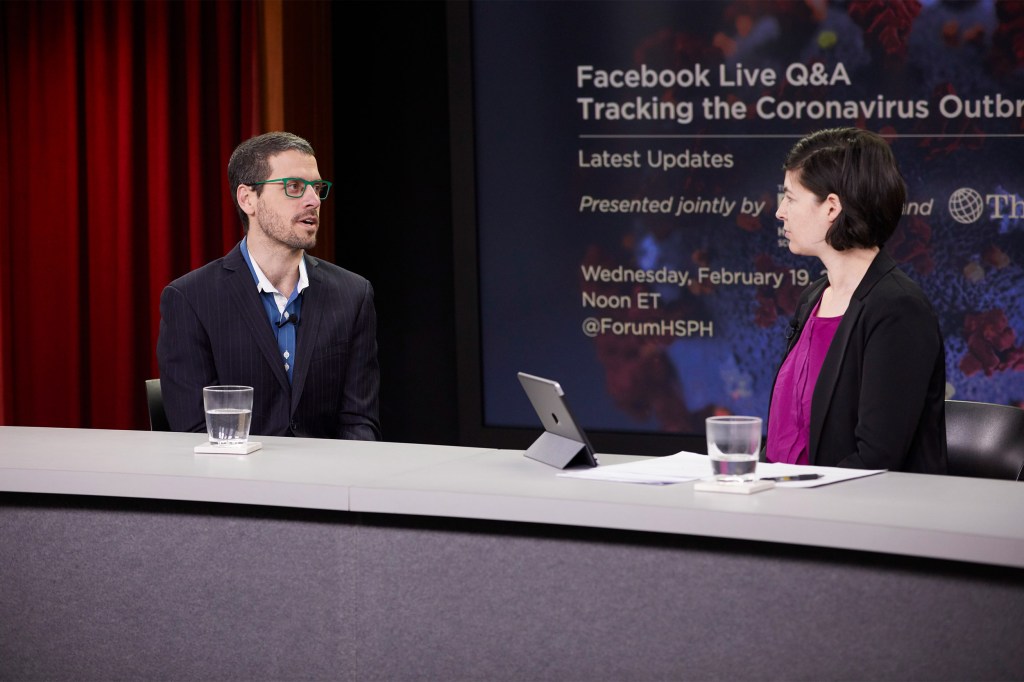
-
Feel that clean air and voting are human rights? It’s partly on you
Harvard Kennedy School professor Kathryn Sikkink discusses a new ethics of responsibilities to deal with climate change, voting, digital privacy, and other pressing issues.
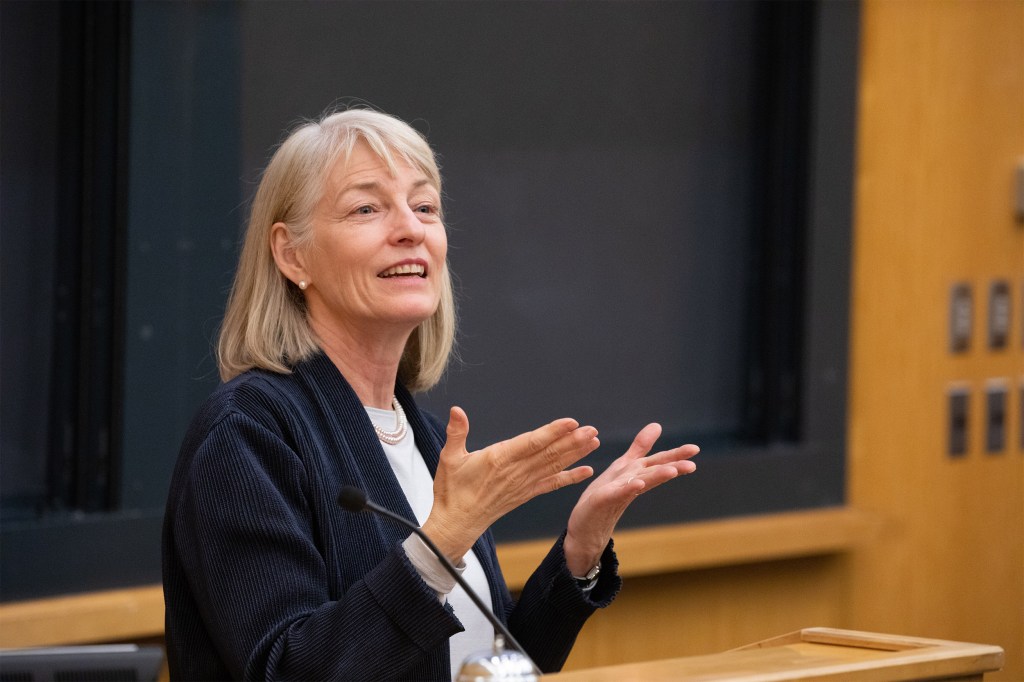
-
‘Just Mercy’ in the criminal justice system
At a talk following a recent screening of “Just Mercy,” Harvard professors discussed the death penalty as “a point of meditation.”
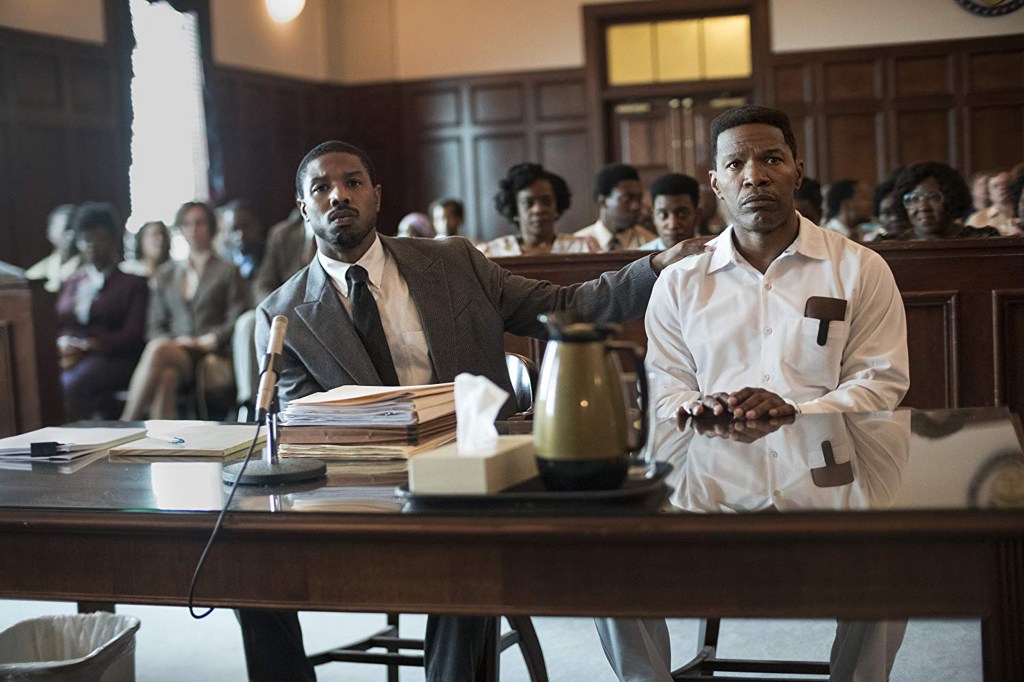
-
The war against colonial slavery
As part of the 1776 Salon series at the American Repertory Theater, Harvard Professor Vincent Brown will discuss his book, “Tacky’s Revolt: The Story of an Atlantic Slave War.”
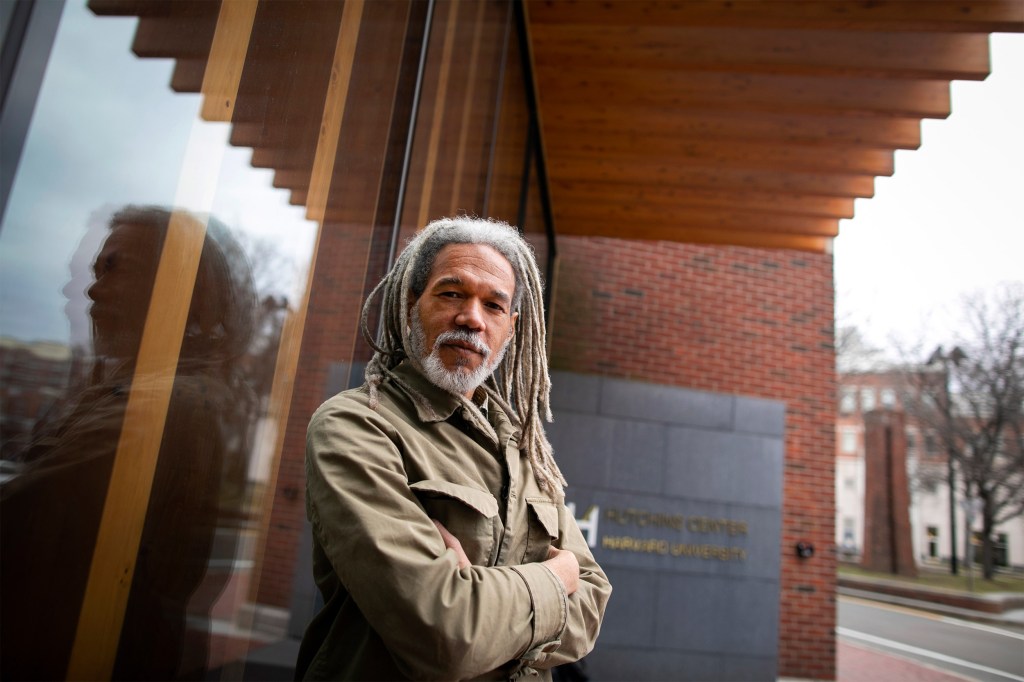
-
What remakes a legend most?
Greek Mayor Kostas Bakoyannis presented his plans for “Reinventing Athens” during a talk at the Minda de Gunzburg Center for European Studies.

-
Reframing civics education
Harvard’s Democratic Knowledge Project bridges core knowledge, diverse perspectives, and agency to statewide pilot of new interactive schools’ curriculum.
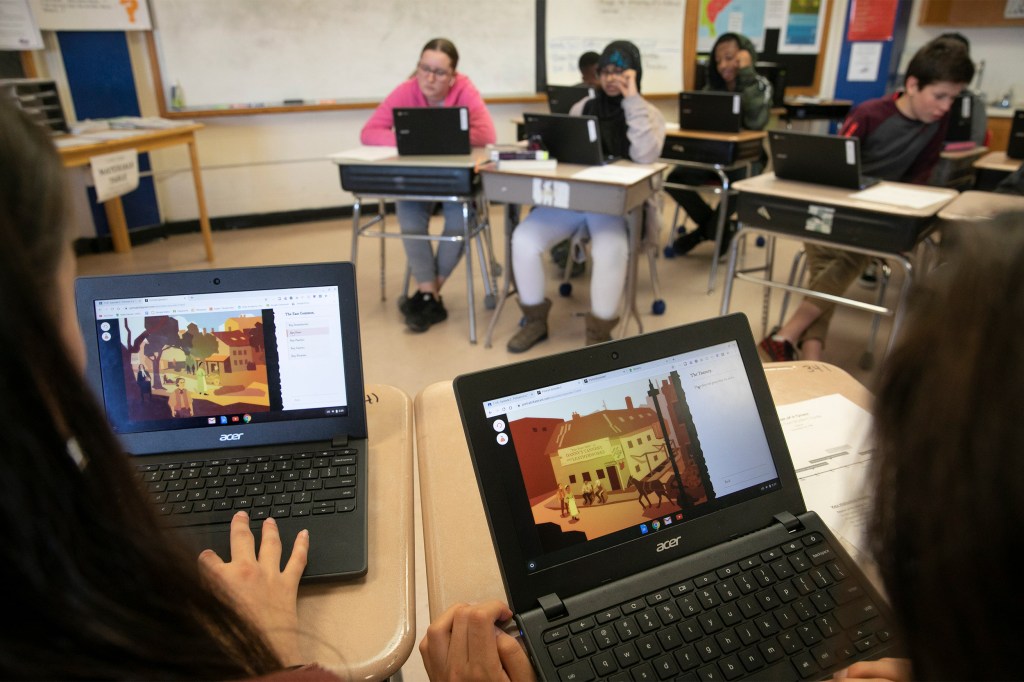
-
Has Trump remade the presidency?
In a new book, authors say Donald Trump is remaking the American presidency into something far more powerful and personal than the country has ever seen.
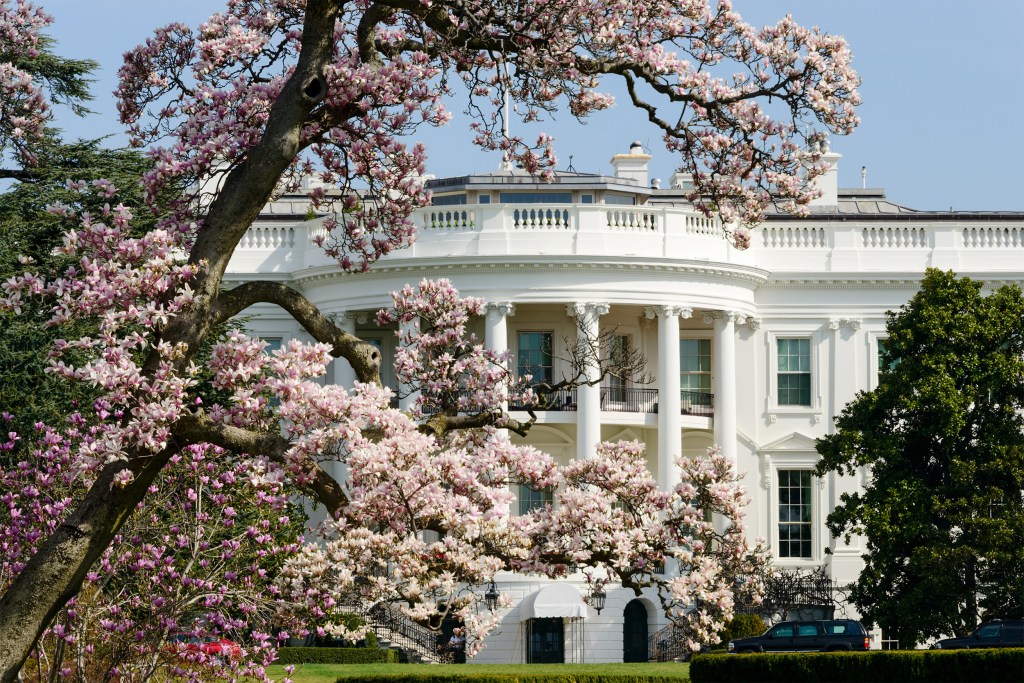
-
Working with principals in fire-scarred Australia
To allow more school principals to access their Leadership for School Excellence Program, instead of bringing Australian teachers to Cambridge, Harvard brought the program to them.
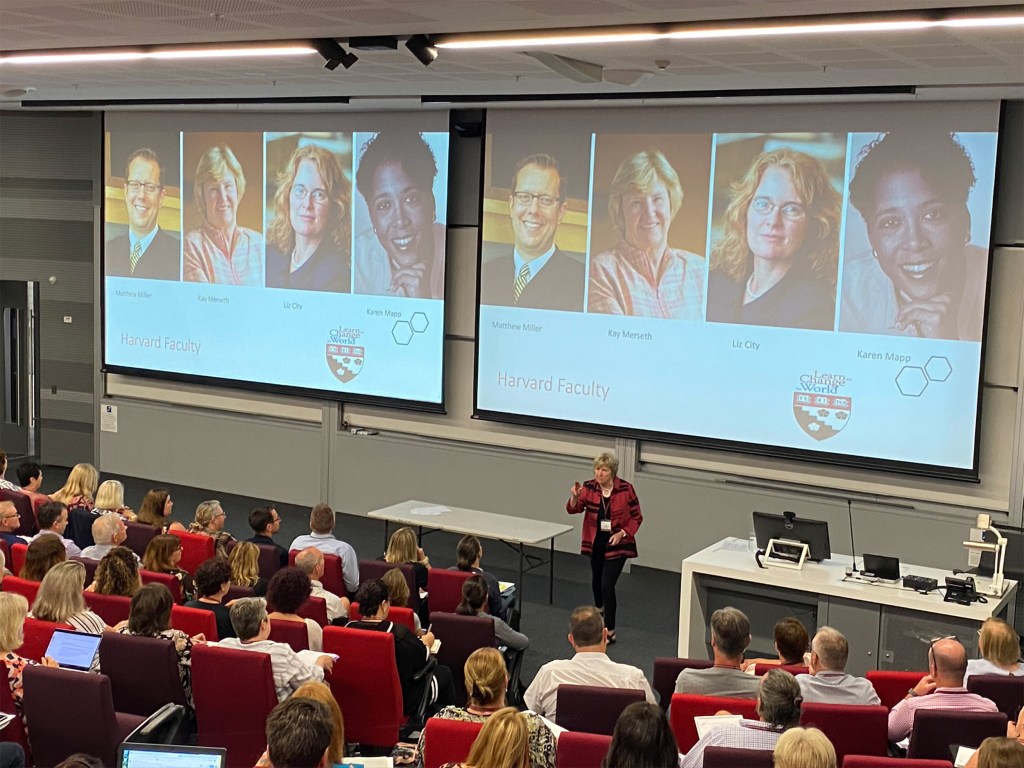
-
Get your head in the game
NBA coach Steve Kerr visits the Kennedy School to talk both sports and personal politics.
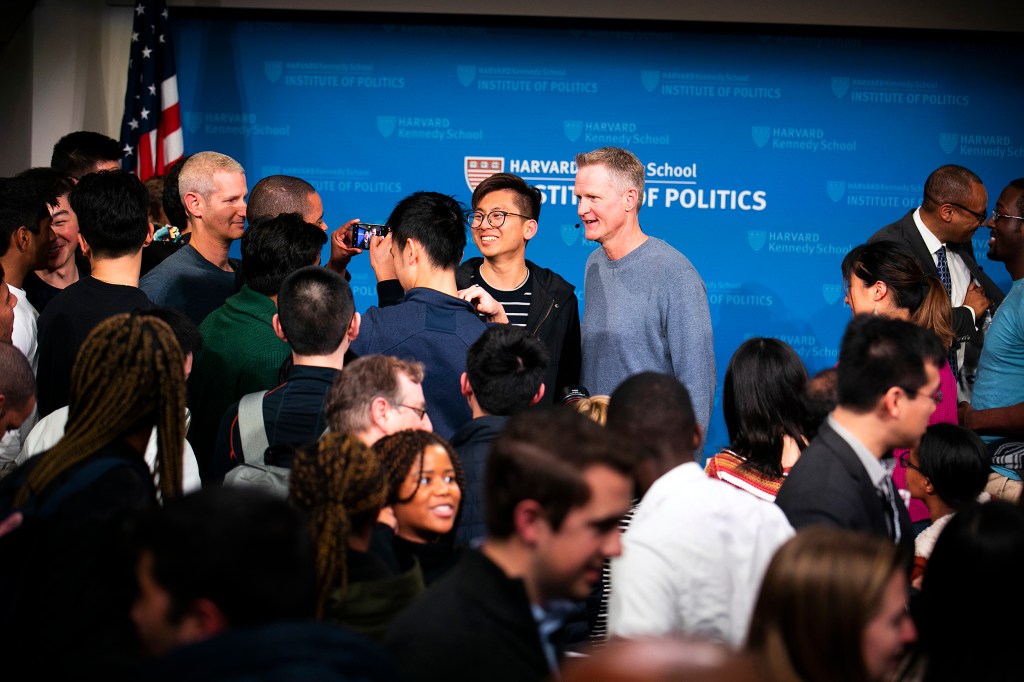
-
A flight from homophobia
Neal Hovelmeier, a gay teacher fired from his job in a Zimbabwean school who is now a Radcliffe Fellow and Harvard Scholar at Risk, is working on a play informed by his experience and a curriculum based on intolerance.
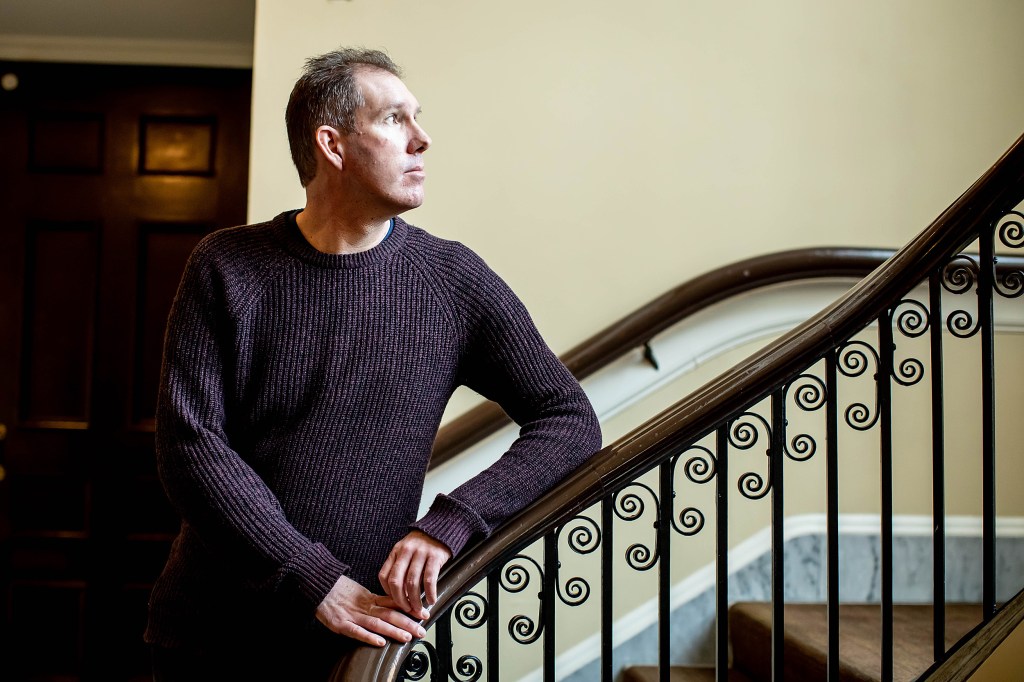
-
Australian wildfires will claim victims even after they’re out
Long-term exposure to the smoke-filled air hanging over much of the country could lead to many premature deaths in Australia.

-
Nonviolence in mass uprisings
Harvard researchers develop interactive map that provides detail about mass uprisings around the world.
